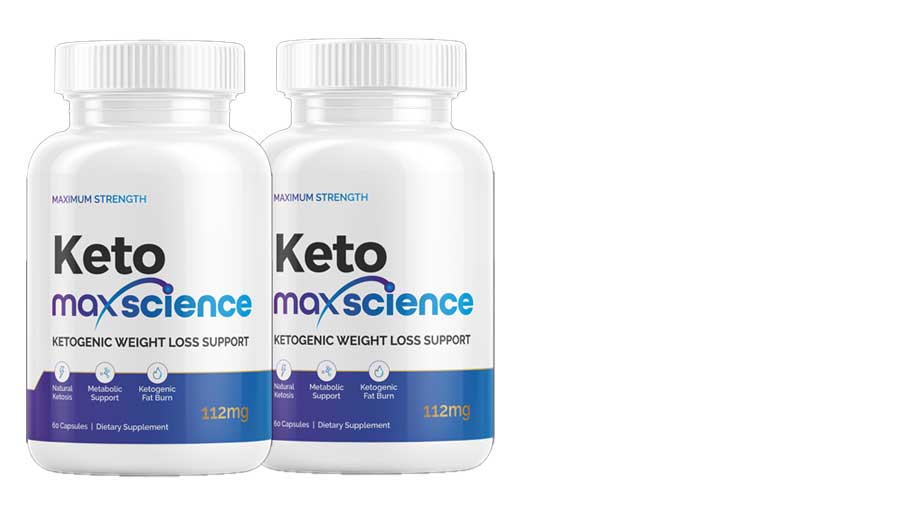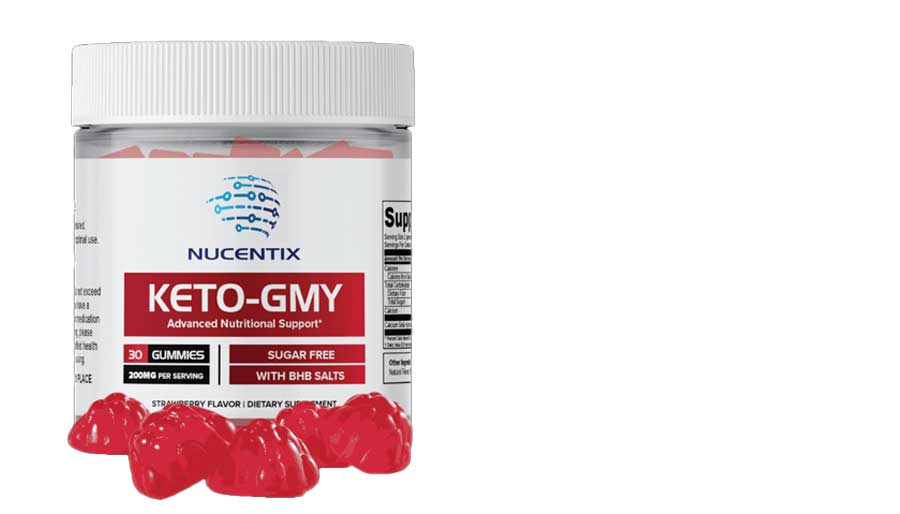
PIXIE DUSTING / Not-so-magic pills
Dietary supplements, whether in the form of pills, powders, teas or gummies are big business. People want a quick way to lose weight, fall asleep, grow their hair back… whatever you wish for -there’s an all-in-one-supplement for that. The problem with many of these products is that they have a long list of ingredients, but in such tiny amounts that you have to wonder if they actually do anything.
The Importance of The Dose
The effectiveness of any supplement, herbal or otherwise, largely depends on the dosage of its active ingredients. Dosage refers to the amount of a substance that is taken at one time. For a supplement to be effective, the dosage of its active ingredients must be at a level that produces the desired physiological effect. Effective dosage is established through testing and clinical trials.
eg, clinical trial have shown that the effective daily does of Green Tea Extract is 400-500mg
The Problem with Multi-Ingredient Supplements
Many herbal supplements on the market boast a long list of ingredients. While this might seem beneficial, it often means that each ingredient is present in quantities too small to have any meaningful effect. This phenomenon, known as “pixie dusting,” involves including a trace amount of an ingredient just so they can list it on the label, rather than to provide any real health benefit.
Example: Common Herbs and Their Effective Dosage
To illustrate this issue, let’s consider some popular herbal ingredients and their known effective doses:
- Turmeric (Curcumin): Clinical studies suggest that effective doses of curcumin, the active compound in turmeric, range from 500 to 2,000 mg per day. However, many multi-ingredient supplements contain only a few milligrams of curcumin, far below the effective dose.
- Ginkgo Biloba: For cognitive enhancement and circulatory benefits, studies recommend doses of 120 to 240 mg per day of Ginkgo Biloba extract. Supplements that include Ginkgo Biloba as one of many ingredients often contain much less than this amount.
- Echinacea: Effective doses for immune support range from 900 to 1,500 mg per day. Yet, in many multi-ingredient immune support supplements, the amount of Echinacea is typically much lower.
Why do they do this? So they can sell it to you. It's all about the marketing - having a long list of ingredients that sound like they all do "a thing" makes a great story, but there's really no other reason. Such tiny doses isn't for YOUR benefit, it's for THEIRS.
The Misleading Marketing Tactics
Manufacturers often market these multi-ingredient supplements as comprehensive solutions for health concerns, leveraging the popularity of certain herbs to attract consumers. However, the low dosages of these ingredients often render the supplements ineffective. This misleading practice not only wastes consumers’ money but also undermines trust in herbal supplements.
The Need for Transparency and Regulation
To address this issue, greater transparency and regulation in the supplement industry are necessary. Consumers should have access to clear information about the dosages of active ingredients and their scientifically supported effective doses. Regulatory bodies need to enforce stricter guidelines to prevent misleading claims and ensure that supplements provide real health benefits.
What Consumers Can Do
- Research: Before purchasing a supplement, research the effective doses of its active ingredients. Reliable sources include scientific studies and reputable health websites.
- Check Labels: Look at the supplement facts label to see the exact amount of each ingredient. Compare these amounts to the effective doses found in your research.
- Single-Ingredient Supplements: Consider choosing single-ingredient supplements, which are more likely to provide an effective dose of a specific herb.
- Consult Healthcare Providers: Discuss supplement choices with healthcare providers, who can provide personalized advice and recommend reputable products.
The effectiveness of herbal supplements is heavily influenced by the dosage of their active ingredients. Multi-ingredient supplements often contain these ingredients in amounts too small to be effective, a practice that misleads consumers and wastes resources. By promoting transparency, regulation, and informed consumer choices, we can ensure that herbal supplements fulfill their potential to support health and well-being effectively.
References
1. Too Little, Too Late: Ineffective Regulation of Dietary Supplements in the United States
2. Supplements: A Scorecard


